We are thrilled to announce and extend congratulations to our second cycle Innovation Fund awardees, Courtney Lee Waters, Becky Bell, and Ricardo Valerdi! Scroll down for more details on our awardees and their exciting projects.
Creating a Rapid Response Network for Violence Against Indigenous Women in Tucson
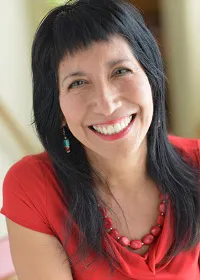
Patrisia Gonzales
Project Lead: Patrisia Gonzales, Associate Professor, UA Mexican American Studies and UA American Indian Studies Graduate Interdisciplinary Program
Partner Organization: Alianza Indigena Sin Fronteras (AISF) (Indigenous Alliance Without Borders)
Indigenous women are disproportionately impacted by sexual and domestic violence, as well as other forms of discrimination that increase their vulnerability to such violence.
This project utilizes the knowledge and expertise of Indigenous elders, traditional healers, and Indigenous women advocates in the design and facilitation of critical thinking circles at the University of Arizona Health Science campus, Native American Research and Training Center. These critical thinking circles are engaging Indigenous students at the UA as well as Native community members and members from the H.O.N.O.R. Collective (Healing Our Nations, Offering Resiliency Collective), and involve identifying ways to address violence against Indigenous women. The project will culminate in the development of a rapid response network plan. Grounded in an Indigenous critical thinking framework, this project emphasizes inherent resiliency, relationship building, expanding connectivity, and operating as a self-determined community whose success is measured by both personal and collective action and responsibility. Using this framework, the project is playing a key role in strengthening resiliency among participants as well as improving the campus climate for Indigenous women, who continue to be disproportionately impacted by sexual and domestic violence as well as other forms of discrimination that increase their vulnerability to such violence.
Domestic Violence Law Clinic Economic Empowerment Project
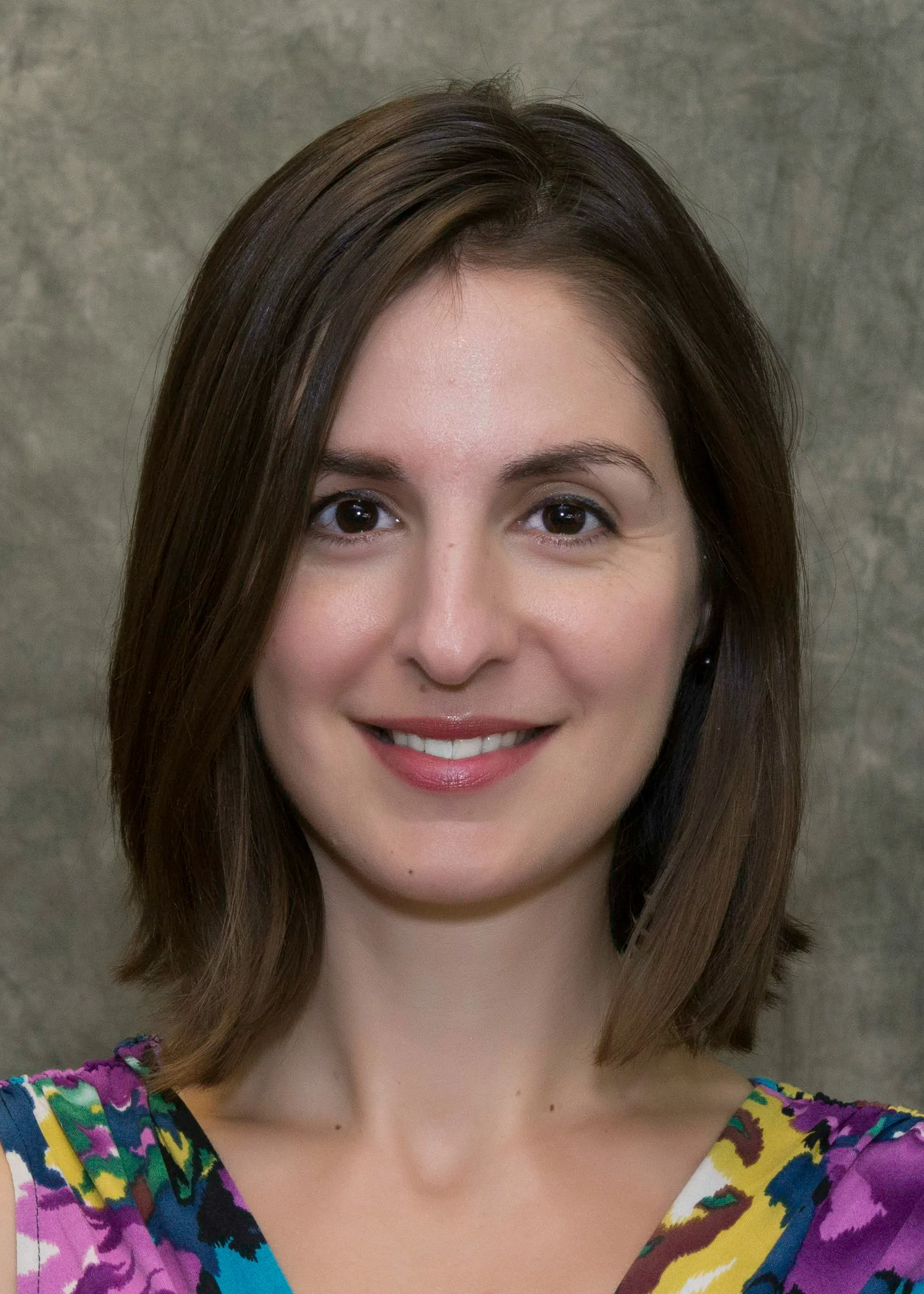
Negar Katirai
Project Lead: Negar Katirai, Associate Clinical Professor, James E. Rogers College of Law; Director, Domestic Violence Law Clinic
Economic abuse at the hands of an intimate partner poses a serious obstacle to empowerment for survivors of domestic violence (DV), yet it remains one of the least acknowledged issues in legal advocacy and social work focused on DV survivors. To address this critical gap, the College of Law’s Domestic Violence Law Clinic (DVLC) is collaborating with the Workers’ Rights Clinic (WRC) to design and implement an economic empowerment project that provides education and builds proficiency in financial literacy and management, entrepreneurship, business skills, and labor law to University of Arizona student survivors, current clients, advocates, and agency partners. Importantly, this project is leveraging the work of the new student advocacy program to address economic abuse specific to student populations, as well as an existing collaboration with social work interns, who have been selected to provide individual case management services to clients who seek support in pursuing economic empowerment during and upon completion of the economic empowerment training.
Crafting Community Accountability Practices for Cultural and Resource Centers at the UA
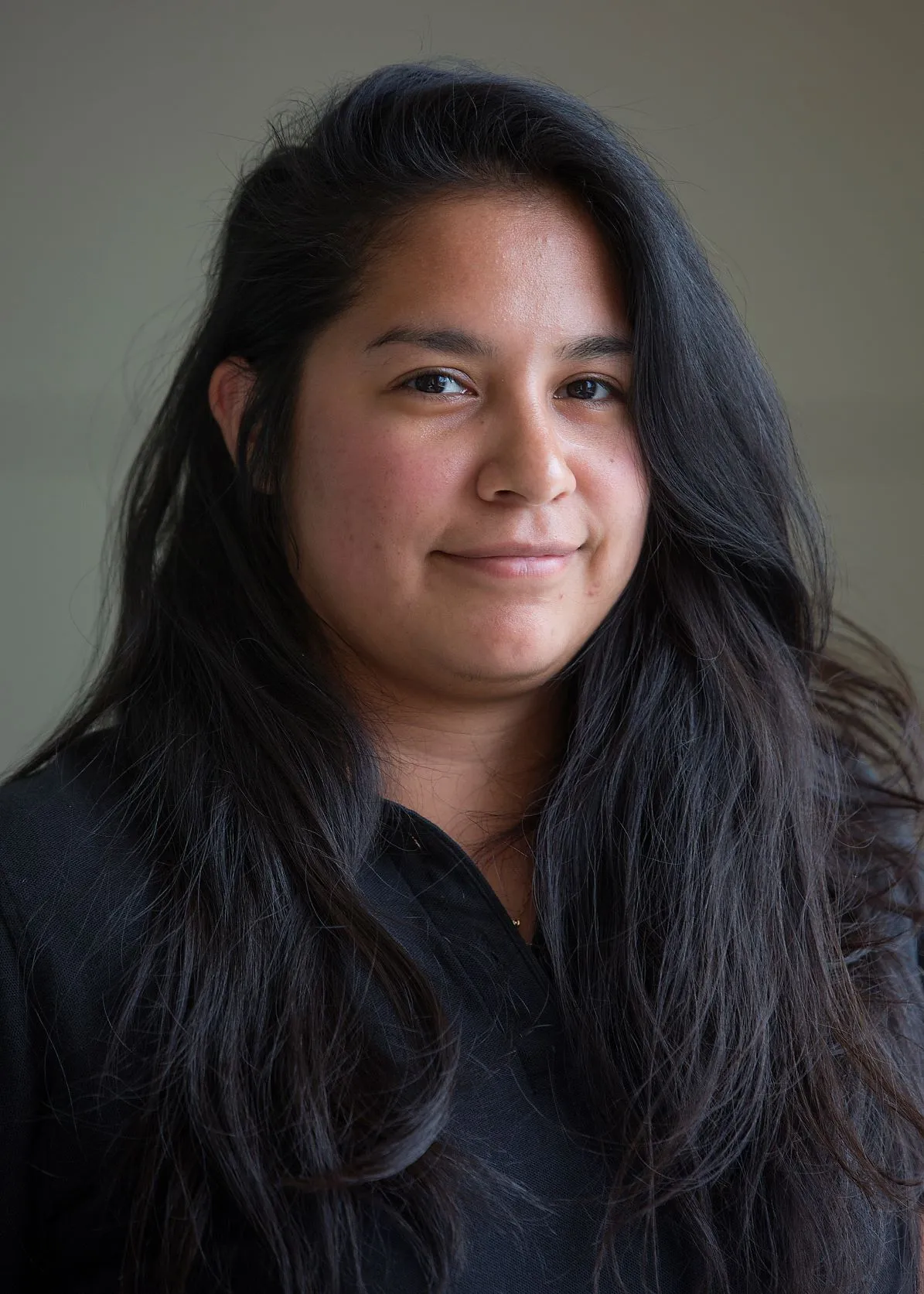
Yesenia Andrade
Project Lead: Yesenia Andrade, Graduate Assistant, LGBTQ+ Affairs and Ph.D. Student, Geography
Project Co-Lead: Jennifer Marie Hoefle Olson, Director, LGBTQ+ Affairs
This project aims to have transformative social impact on the University of Arizona campus by addressing critical gaps in knowledge regarding how to provide more inclusive and effective support for student survivors, with a particular focus on marginalized and underserved populations. The project team is collecting information on existing models for implementing community accountability practices into organizations and communities, and will adapt these models to best fit a higher education setting, particularly within the campus’s cultural and resource center communities. Knowledge gathered from POC/LGBTQ+ student survivors via focus groups and one-on-one interviews will help guide this process. This work will serve as the basis for a manual outlining recommendations on and models for integrating community accountability practices into higher education survivor services and conduct processes.
Sexual Education Pilot Study for First Year Undergraduates
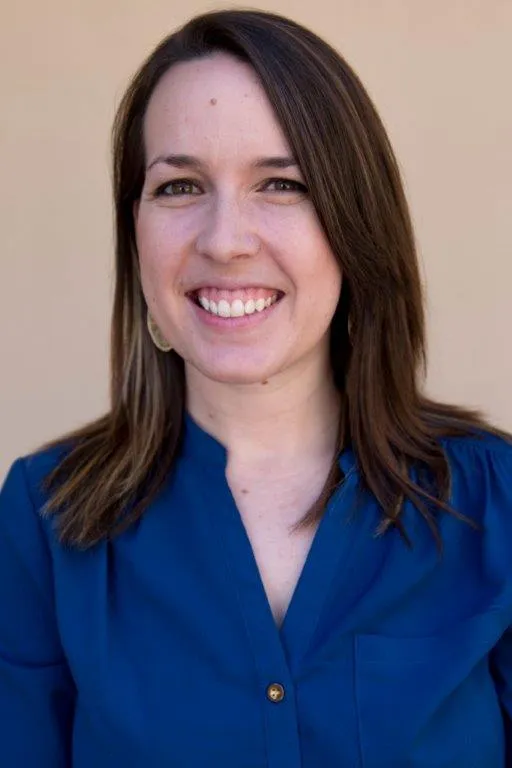
Courtney Lee Waters
Project Lead: Courtney Lee Waters, Associate Research Social Scientist, Southwest Institute for Research on Women (SIROW)
Bridging two social justice issues, the Sex University (Sex U) Pilot Study uses sexuality education as an innovative strategy for preventing sexual violence. Aimed at first year students who are involved in Greek organizations, the project adapts a comprehensive sexuality education program using sexual ethics and rights-based approaches. Sex U is packaged into an institute where participants learn, build skills, discuss, reflect, and have fun. The efficacy of Sex U for preventing sexual violence will be tested using an experimental design. Participants who engage in the program are expected to demonstrate increased knowledge of relationship “red flags”; increased confidence negotiating consent and asserting personal boundaries; improved sexual communication skills; and the ability to articulate human rights as a motive for consent. Given positive outcomes, the pilot study’s final objective involves exploring options for scaling up Sex U to broader adoption by the Greek community and other University entities.
Enhancement of the StepUp! Bystander Intervention Program through Systems Thinking
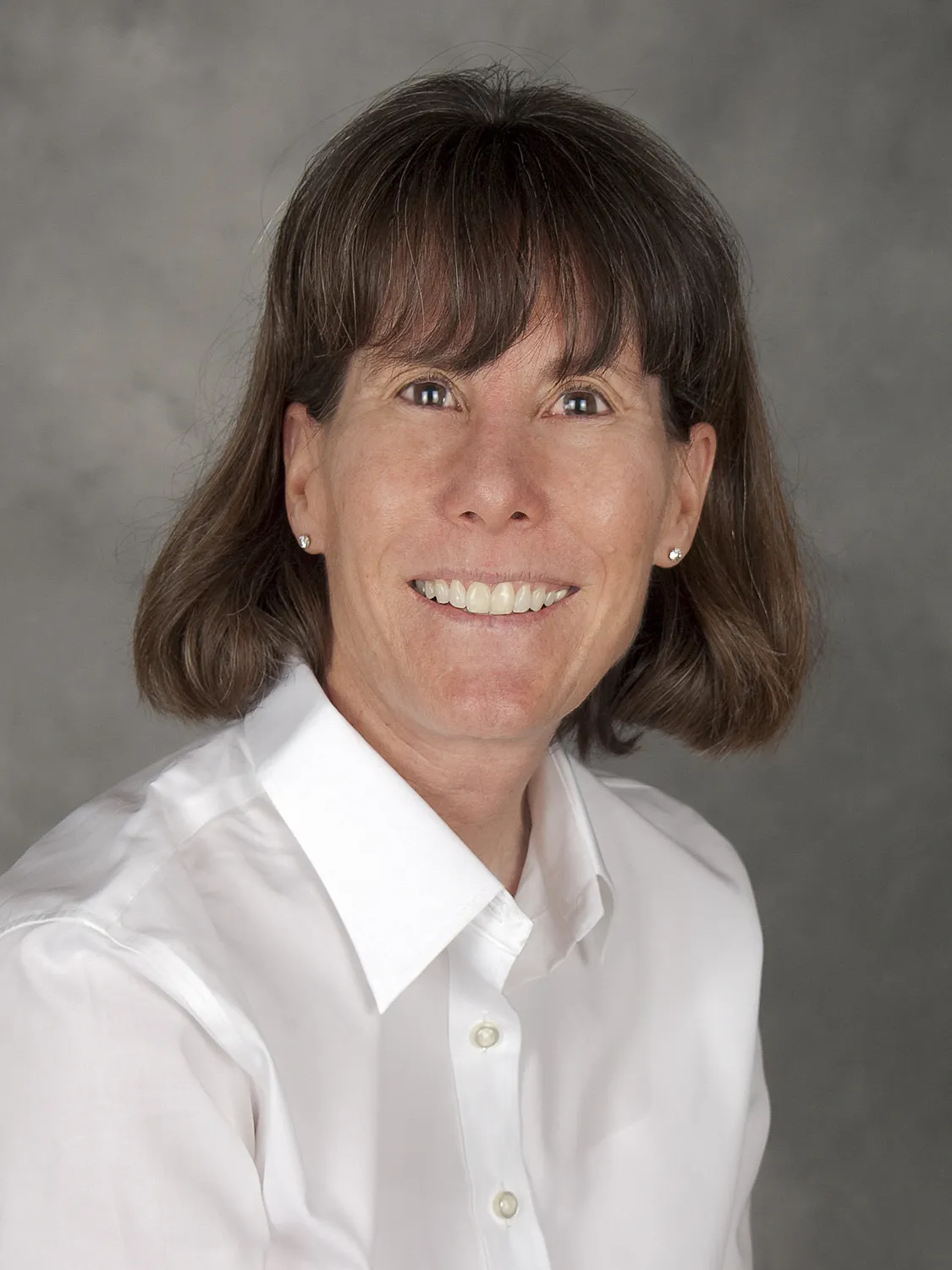
Becky Bell
Project Lead: Becky Bell, Associate Athletics Director, CATS-Life Skills
Project Co-Lead: Ricardo Valerdi, Professor, Department of Systems and Industrial Engineering and Faculty Athletics Representative for the PAC-12 and NCAA
Step UP! Is an award-winning bystander intervention program that teaches participants how to intervene in problematic situations such as sexual assault, dating violence, discrimination, mental health, etc. Many times, campus leaders become aware of the extent of problems only after an ‘event’ and educational programs are reactionary. This project employs a proactive approach by infusing systems thinking principles into Step UP! to enhance its effectiveness in reducing sexual assault and dating violence at the University of Arizona. Through collaboration with the Department of Intercollegiate Athletics, The Waters Center for Systems Thinking, and the Department of Equity, Inclusion and Title IX, this project engages the UA community in interactive workshops that build systems thinking skills and strategic options to positively intervene in harmful situations. The project will conclude with a Step UP! training and dissemination summit in Fall 2020.
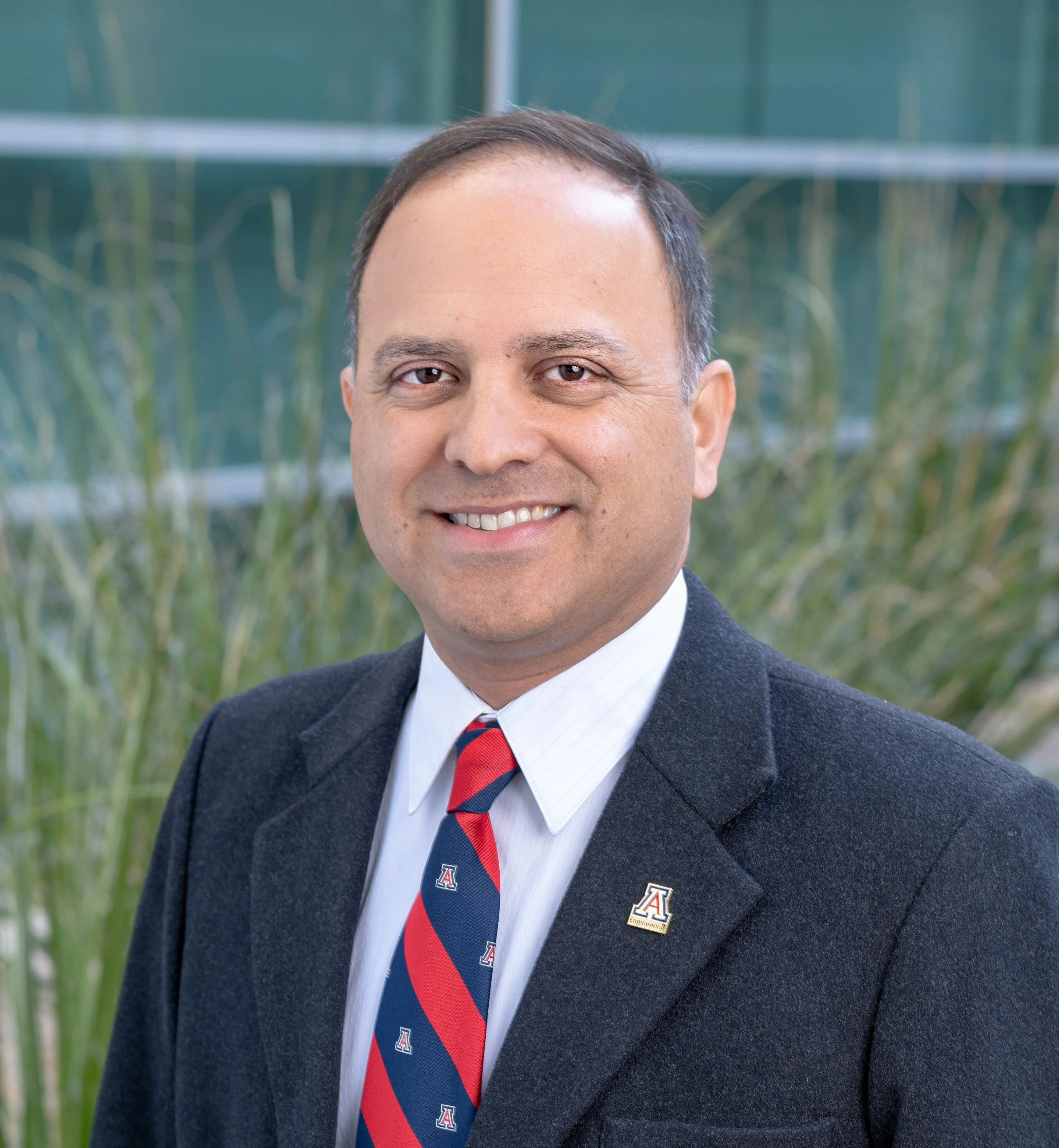
Ricardo Valerdi
Have an idea to address gender-based violence but no funding to pull it off? Learn more about applying for our next award cycle!

